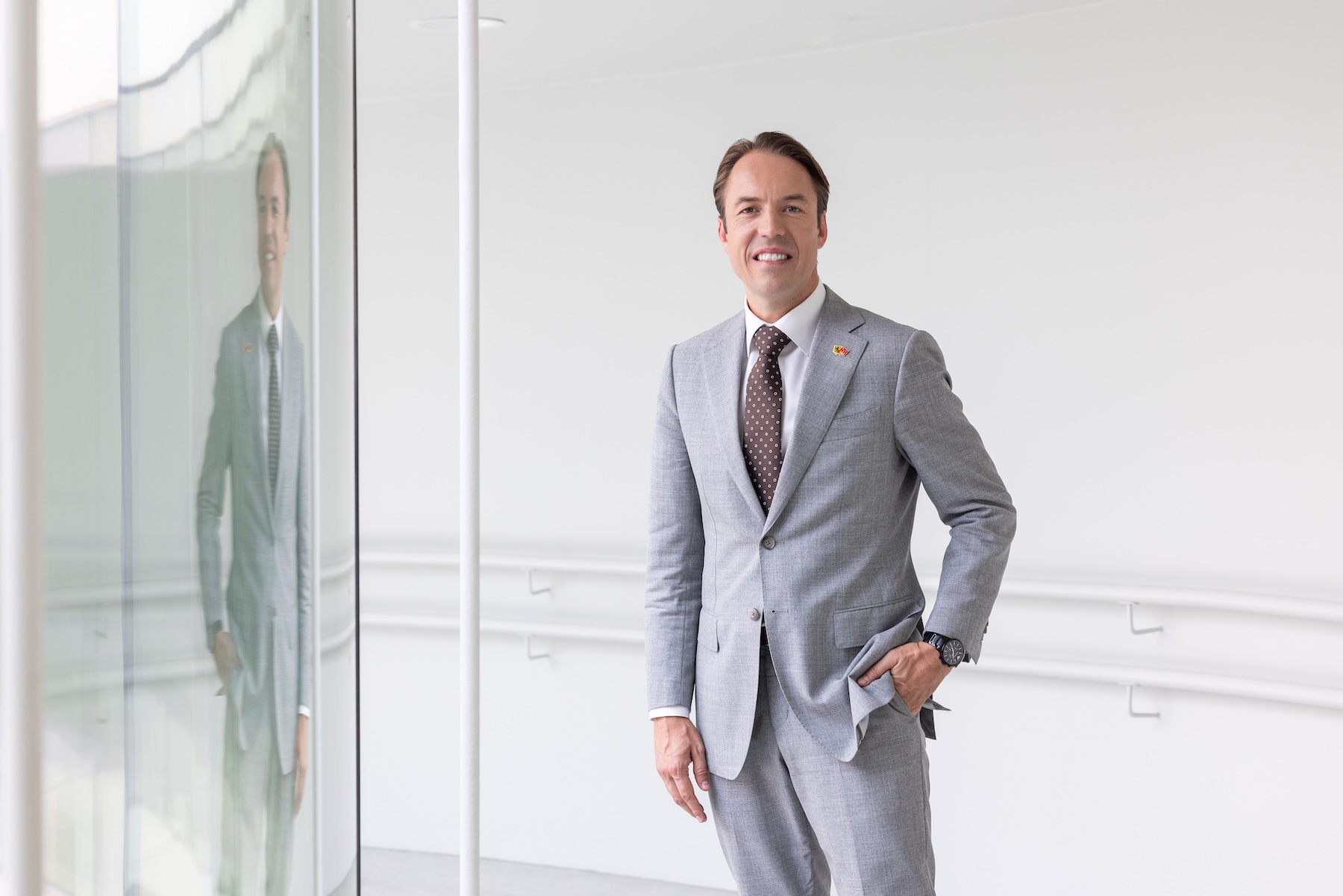
Many of us in the Western world do not realise that in various regions, people still live under colonial and neocolonial rule. To turn the tide and eradicate abuses, the Baku Initiative Group (BIG) has been organising various events all over the globe. The relatively young NGO is very ambitious in its mission to support the struggle against colonialism. The Liberum had an exclusive interview with Abbas Abbasov, the Group’s executive director.
By Arthur Blok
“In the dynamic world society, which is the objective of the United Nations (UN), all peoples must have equality and equal rights … The UN does not seek a world cut after a single pattern or consider this desirable. The UN seeks only unity, not uniformity, out of the world’s diversity.”
These famous words, spoken by Ralph Bunche in the late 1940s, are still relevant today. Bunche was the first African-American to win a Nobel Prize (1950) for brokering the 1949 Arab-Israeli armistice. In 1957, he became the Under-Secretary-General for special political affairs.
More than 75 years later, many regions still suffer the consequences of colonial and neocolonial rule. With that in mind, after Azerbaijan successfully chaired the Non-Aligned Movement (NAM) (from 2019 to 2023), the idea was born, explained Abbasov from his office in Baku.
The NAM is a forum of 120 countries not formally aligned with or against any major power bloc. Abbasov: “I can proudly say our country's role as chair was tremendous in developing this intergovernmental organisation. Azerbaijan contributed to the NAM's institutionalisation with other member countries during its chairmanship, such as establishing the NAM Youth Organization, NAM Parliamentary Network, and NAM Women Platform.
The Baku-based NGO could be seen as a significant step in decolonisation. With representatives from a diverse range of colonised regions such as New Caledonia, French Polynesia, Guadeloupe, Martinique, and French Guiana, it became evident that a new platform for dialogue was essential to support the ongoing struggle against colonialism. It was established in July 2023.
Various representatives of colonised regions repeatedly stated that they experienced Baku as a pragmatic international platform for dialogues and discussions on decolonisation issues. Abbasov: “As a centre for dialogues on decolonisation, our country used to suffer some type of colonial policy; hence, we understand the situation of these colonised regions.”
The BIG positively influences several factors that impact the ground. It raises awareness by presenting facts and actual cases from the ground to the global community, which is commonly unaware of the exact situation in colonised regions.
In addition, they attempted to unite and unify the people in the colonised regions by creating a platform. Abbasov: “We aim to exchange experiences. To analyse the situation, we invite experts and academicians from (former) colonies.”

Over the past decades, colonialism and neocolonialism have had many negative impacts on these regions, like environmental problems and problems in public health. Abbasov has numerous examples to give in that perspective.
“Look, for example, at French Polynesia. The French government did a lot of nuclear tests in this region. It was under the radar for the global community as much as possible. This had disastrous environmental consequences on the islands.”
Numerous concerns exist in Guadeloupe about pollution caused by the polyethene industry in the Caribbean, including the pollution of groundwater in Martinique, not to mention the pollution deriving from the nickel production in New Caledonia.
The latter has an annual output of 200,000 tonnes in 2020, making it the fourth largest producer after Indonesia (760,000), Philippines (320,000), and Russia (280,000), followed by Australia (170,000) and Canada (150,000).
The BIG does not intend to stir a political or popular uprising but bases all its activities on international law. Abbasov emphasised that BIG is not saying anything new; its work is inspired by UN Resolution 1514 of 1960.
He does have a valid point. In that famous resolution, all colonial countries and peoples were granted independence. “We also abide by the core principles of the NAM, which are respect of fundamental human rights and the objectives and principles of the Charter of the UN, respect of the sovereignty of all nations, recognition of the equality among all races and the equality among all nations”.
Political forces in European colonial powers are noticing the BIG's work. In late August, a Dutch MP asked the Minister of Foreign Affairs a question in parliament about a memorandum signed between representatives from the Caribbean Island of Bonaire. The group statistics also show increased awareness of the French government's colonial policy.
Since the BIG was established in July 2023, it has organised 15 international events on decolonisation and the consequences of colonialism and neo-colonialism. The next event will be held on September 3, 2024, in Baku, dedicated to Mayotte, the territory of the Union of the Comoros, which France illegally occupied.
The conference will include representatives of civil society organisations, ambassadors, lawyers, academicians, and experts on decolonisation from the Union of the Comoros. It aims to call on the international community to support UN Resolution #A/31/4, which recognised Mayotte as an integral part of the Comoros Islands and eliminated the French government's illegal occupation of the territory.
Keep following The Liberum to read the latest news about the Baku Initiative Group.





